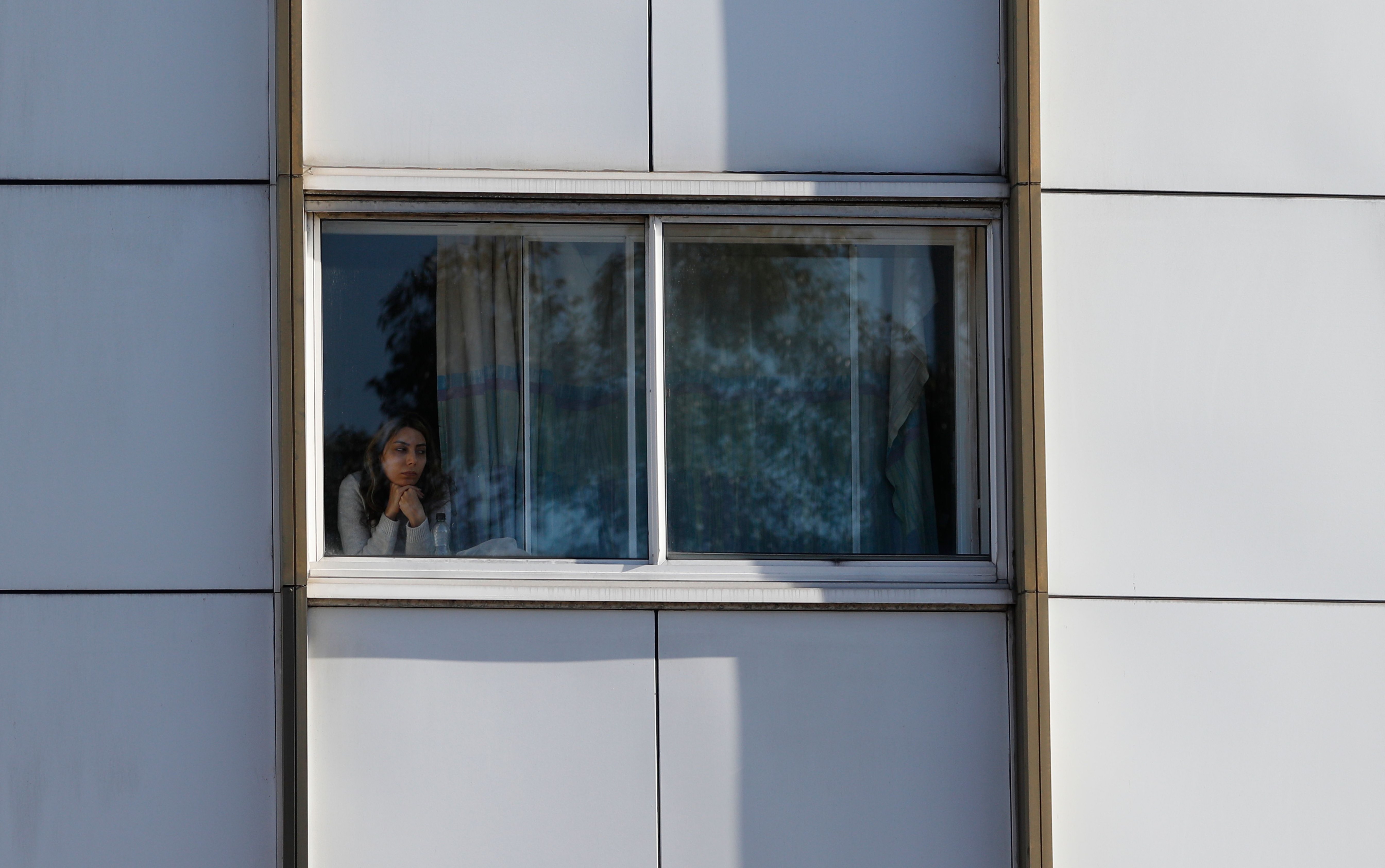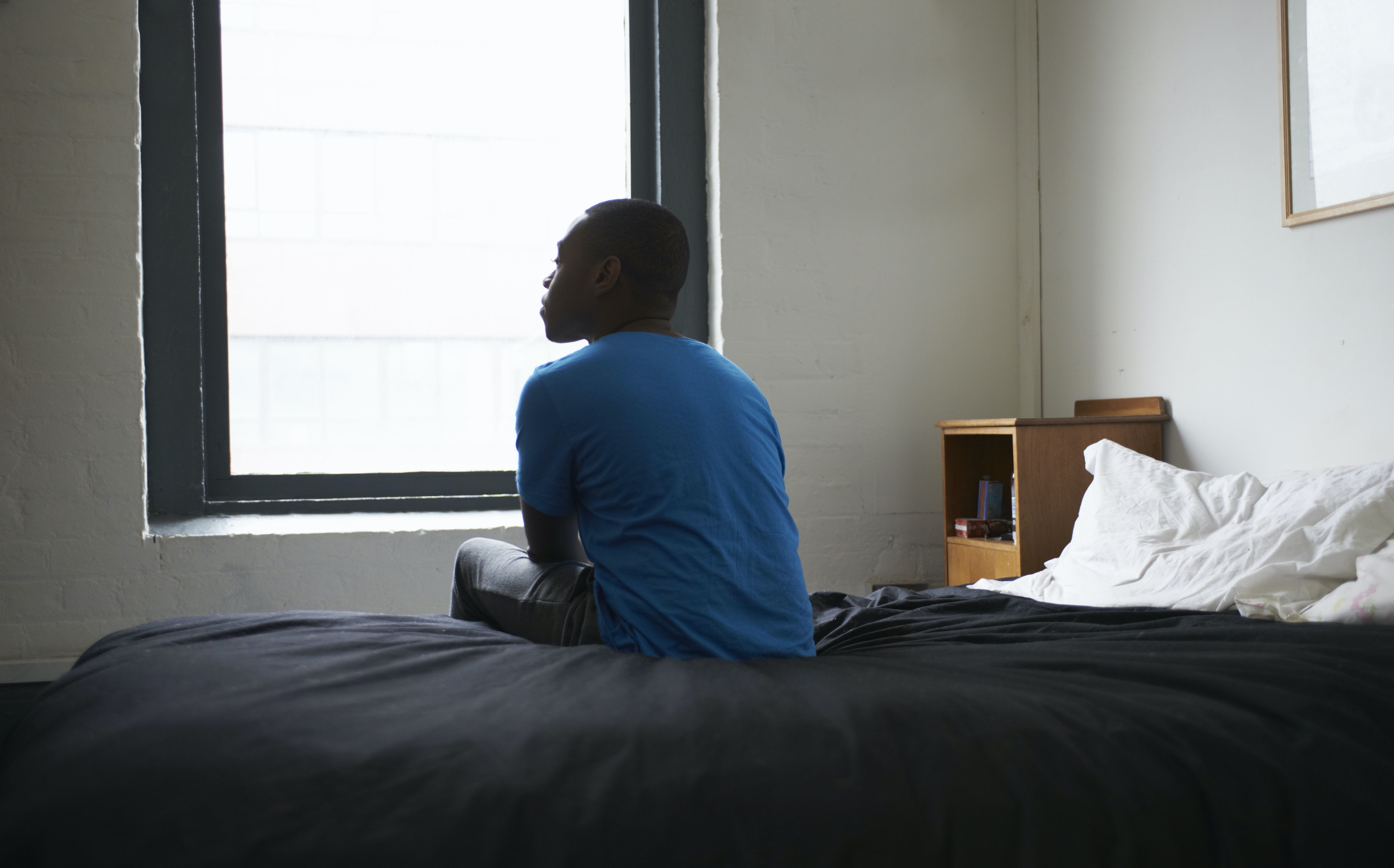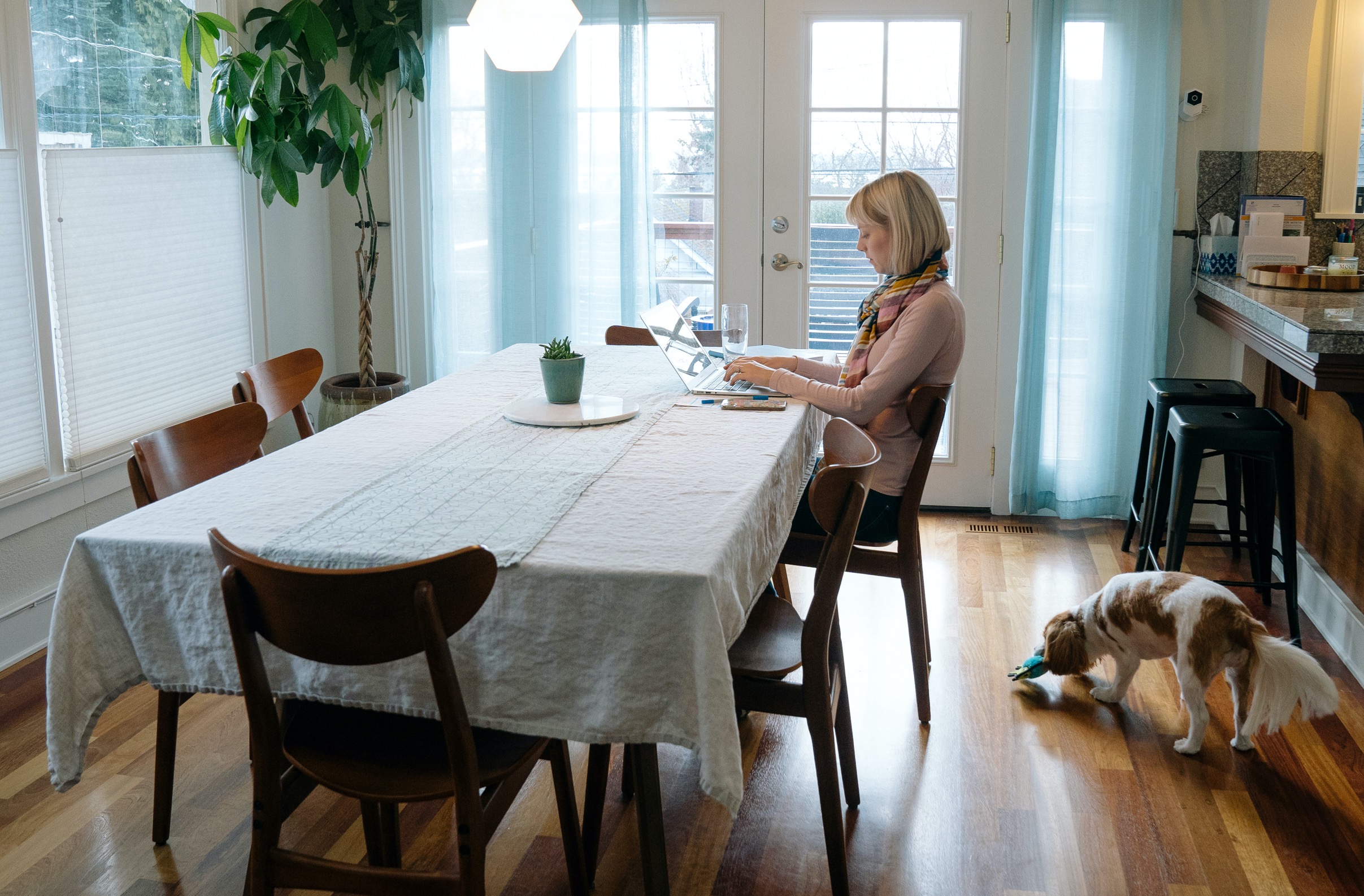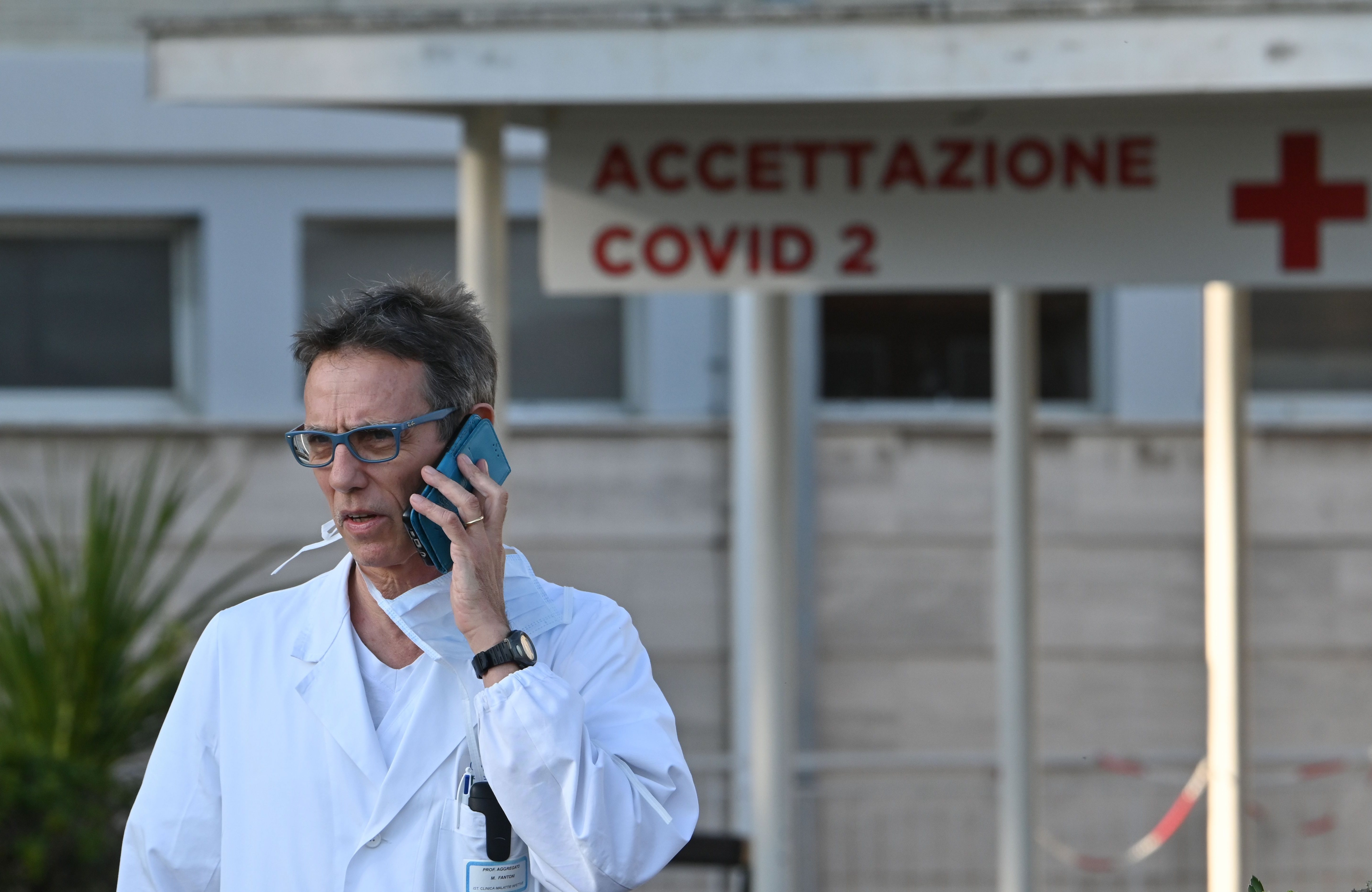
Business & Economics
The COVID-19 shock to supply chains

Coronavirus isn’t only taking a physical toll, it’s playing with our minds, too. But there are steps we should all be taking to keep ourselves mentally well
Published 19 March 2020
Australians are faced this week with a ban on attending sports events, theatre, even the movies.
It may seem trite to say that being banned from attending such popular social recreational events on top of already existing self-isolation and quarantine instructions is catastrophic, but these necessary restrictions will have short and potentially long-term mental health impacts.

As a result of coronavirus (COVID-19) we are facing a pandemic.
The direct and secondary consequences are unfolding on a daily basis in ways we have not seen for generations.
We have exceptionally talented scientists working on optimal strategies for containment and cure, and we are hopeful of a breakthrough in either one, ideally both.

Business & Economics
The COVID-19 shock to supply chains
However, the reality is that at the moment the immediate, short and medium-term future is uncertain.
I will leave the containment strategies to the scientists, but critical is how we as individuals and as a society manage and deal with the emotional, psychological and social impacts of this uncertainty and crisis – from the issues surrounding self-isolation and managing the panic that manifests as fights over toilet paper and outbursts of racism.
It has already been a difficult and tense summer for Australia with the devastating bushfires.
But before we could recover from the physical and psychological impact of the bushfires, attention has shifted to anxiety and fear around the COVID-19 pandemic.

We know that social support and social connectedness are one of our strongest predictors of resilience and recovery for individuals and communities following trauma and disaster.
The nature of an infectious disease outbreak is that people distance themselves from group settings and isolate themselves to reduce the risk of infection.
A review of studies investigating the psychological impacts of quarantine that has just been published in The Lancet, found that symptoms of posttraumatic stress disorder, confusion and anger were common.

Health & Medicine
What maths can tell us about the spread of the new coronavirus
This highlights the importance of ensuring that those who are quarantined have the information and provisions they need, that they try to establish some sort of routine, and stay in social contact with others.
So, if you do need to self-isolate, try reframing the situation and see it as an opportunity to use the time effectively. Maintain connections via social media and maintain a daily routine at home.
And if you know people who are self-isolating and quarantined, help them remain connected.
Social media can be helpful, but ensure the contacts are personal and not purely group based. It is vital that people feel personally connected, included and supported.

Part of the anxiety stems from feeling you don’t have control, so focus on what you can control, like good hygiene, washing your hands properly, and teaching your children to do the same.
Have a healthy diet, keep exercising, get enough sleep, connect with loved ones and friends (through non face-to-face means if necessary) and continue to do things you enjoy.
At the moment most schools are still open, and you can imagine the kinds of things being said in schoolyards.

Health & Medicine
Black Saturday: Understanding disaster recovery and resilience
Support children by asking them what they have heard about coronavirus and what concerns they have; correct any misinformation and limit how much children see on the news and social media.
Keep your conversations calm and stick to the facts.
Mental health practitioners can provide support by checking in on vulnerable patients. They can correct misinformation and direct them to reputable sources of information.
Encouraging limited exposure to the media and helping people identify strategies that help them to be prepared, while also reducing stress and anxiety and maximising connectedness in whatever form that may best take for them.
Throughout all this, health professionals also need to look after themselves and find ways to keep up team morale.

Put limits on how many hours you work as much as possible. Healthcare workers will be very busy this winter, especially with flu season approaching too, so finding ways to keep as healthy as possible is very important.
This is unchartered territory in a world where connectedness is taken for granted.
While the governments and health departments manage the physical pandemic, we suggest that a cross-departmental expert roundtable on the mental health effects is required to address the varied risks.

Health & Medicine
Helping survivors overcome disaster trauma
However, it is also up to us as a community to manage the potential mental health and wellbeing impacts of this pandemic, to support ourselves and reach out and engage with others.
Who knows, it may even have unforeseen positive consequences of promoting social cohesion.
About Phoenix Australia Phoenix Australia is Australia’s National Centre of Excellence in Posttraumatic Mental Health. We have developed some useful tip sheets to support health practitioners and community members to deal with the mental health impact of the coronavirus (COVID-19).
Banner: Getty Images